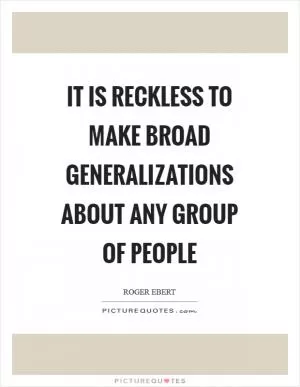Movies absorb our attention more completely, I think

Movies absorb our attention more completely, I think
Roger Ebert, the renowned film critic, once famously said, “Movies absorb our attention more completely, I think.” This statement perfectly encapsulates the power of cinema to captivate and engage audiences in a way that few other art forms can. Ebert, known for his insightful reviews and deep love for film, understood the unique ability of movies to transport viewers into different worlds, evoke powerful emotions, and provoke thought and reflection.One of the reasons why movies have the ability to absorb our attention so completely is their immersive nature. When we watch a film, we are not just passive observers, but active participants in the storytelling process. We become emotionally invested in the characters and their journeys, and we are transported to different times and places through the magic of cinema. The combination of visuals, sound, and storytelling in movies creates a sensory experience that can be both thrilling and deeply moving.
Furthermore, movies have the power to engage us on a visceral level, tapping into our emotions and sparking our imagination. Whether we are watching a heart-pounding action sequence, a tender love story, or a thought-provoking drama, films have the ability to elicit a wide range of emotions, from joy and excitement to sadness and fear. This emotional engagement is what makes movies so compelling and allows them to hold our attention more completely than other forms of entertainment.
In addition, movies have the ability to provoke thought and reflection, challenging us to consider complex themes and ideas. Whether it is exploring moral dilemmas, social issues, or philosophical questions, films have the power to stimulate our minds and encourage us to think critically about the world around us. Ebert understood the intellectual depth and complexity of cinema, and he believed that movies had the power to inspire meaningful conversations and spark important discussions.












 Friendship Quotes
Friendship Quotes Love Quotes
Love Quotes Life Quotes
Life Quotes Funny Quotes
Funny Quotes Motivational Quotes
Motivational Quotes Inspirational Quotes
Inspirational Quotes